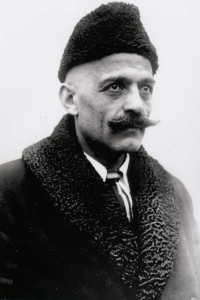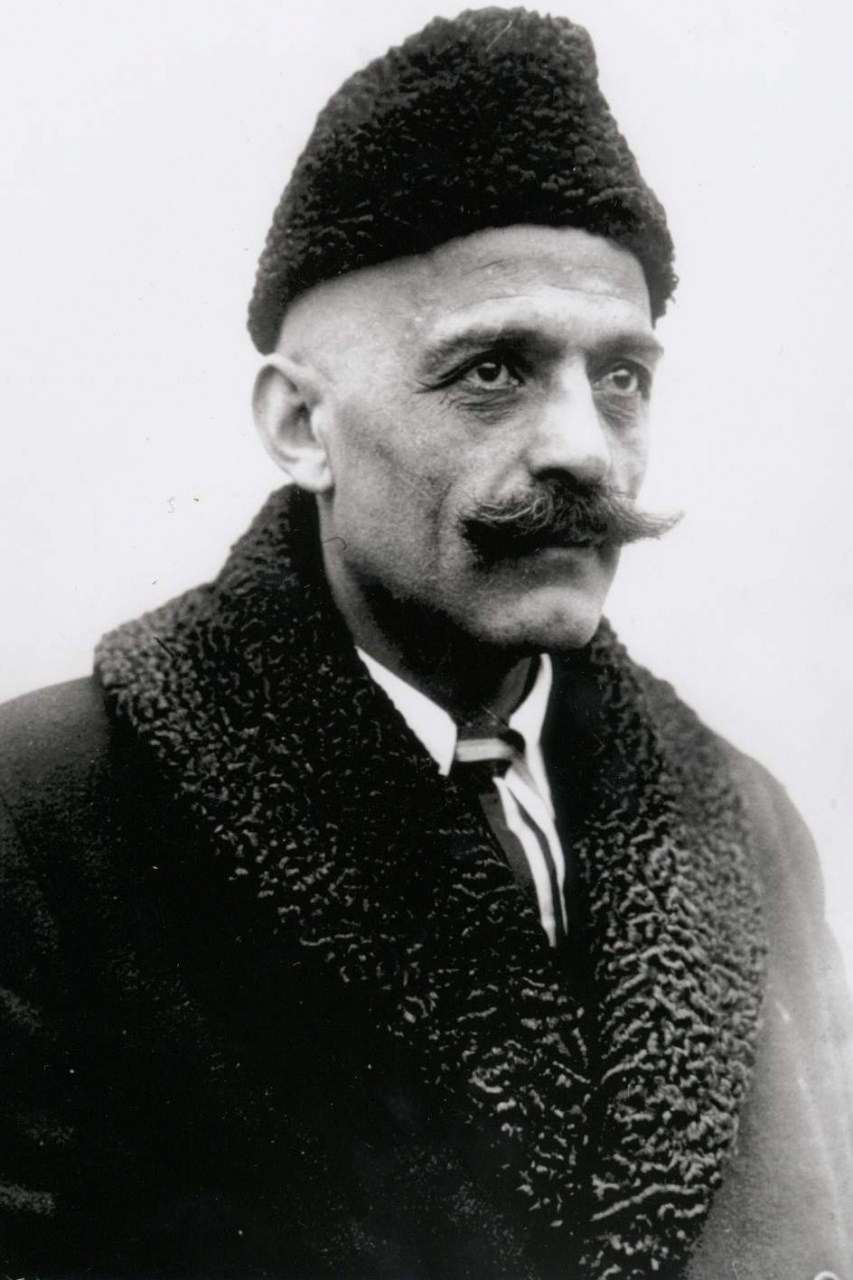 George Ivanovich Gurdjieff was born around 1866 in Russia and came to prominence in the inter-war years in Europe and the US as a “spiritual teacher” or proto-New Age guru. As well as a complex cosmology, Gurdjieff taught that the average human being was literally asleep, and that “waking up” required a great deal of work and “conscious suffering” His work was continued by his pupils following his death in 1949, and a number of books on his teachings remain in print today. To discuss his importance to the study of religion, David Robertson speaks to two remarkable scholars, Carole Cusack of the University of Sydney, and Steven Sutcliffe of the University of Edinburgh.
George Ivanovich Gurdjieff was born around 1866 in Russia and came to prominence in the inter-war years in Europe and the US as a “spiritual teacher” or proto-New Age guru. As well as a complex cosmology, Gurdjieff taught that the average human being was literally asleep, and that “waking up” required a great deal of work and “conscious suffering” His work was continued by his pupils following his death in 1949, and a number of books on his teachings remain in print today. To discuss his importance to the study of religion, David Robertson speaks to two remarkable scholars, Carole Cusack of the University of Sydney, and Steven Sutcliffe of the University of Edinburgh.
We discuss Gurdjieff’s image as a “guru”; how deliberate was it, and where did he learn about the Eastern teachers he modelled himself upon? We discuss how much we should treat Gurdjieff as a sui generis “special case”, as Gurdjieffian scholars have tended to, or whether we would be better to treat him as a type, like Blavatksy, Steiner, Crowley and others. This then turns the discussion to the issues of researching figures like Gurdjieff whose legacies (and archives) are tightly controlled by their followers, and who often aren’t seen as worthy of study by the academy and publishers. We conclude with a consideration of Gurdjieff’s importance (or lack thereof) on the later New Age milieu, and popular culture more broadly.
And did Robert Fripp hire Toy Levin for King Crimson because he looks like Gurdjieff?
Podcast: Play in new window | Download | Embed
Subscribe: RSS
You may enjoy our previous interviews with Carole Cusack on “Cultural Production” and “Invented Religions”.
You can also download this interview, and subscribe to receive our weekly podcast, on iTunes. If you enjoyed it, please take a moment to rate us. And remember, you can use our Amazon.co.uk, Amazon.com, or Amazon.ca links to support us at no additional cost buying books, yoga mats, plant pots, llama-shaped snacks and more.










